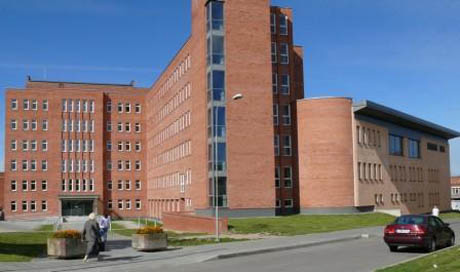Master of Veterinary MedicineAdd to shortlist
Health Sciences
Veterinary Science
Master of Veterinary Medicine
6 years
€8000 pa
Programme profile
These days the scope of the activities of a veterinary surgeon is constantly expanding and includes diagnostics, treatment and prophylaxis of various diseases of all kind of domestic animals and birds including aquaculture animals. It is considered to cover a wide range of work in animal treatment, food hygiene and safety, welfare assurance, different laboratory activities, scientific and organizational work including state veterinary services.
Through this programme participants will gain a basic higher education in bio-sciences related to veterinary medicine, in subjects such as anatomy, histology, physiology, biochemistry, microbiology and immunology, as well as a specialist veterinary education in areas such as veterinary pathology, clinical diagnostics, non-infectious diseases, veterinary parasitology, veterinary pharmacology and pharmacy, obstetrics and gynecology, epidemiology and infectious diseases.
Graduates are primarily prepared for work in prevention, diagnosis and treatment of the diseases of domestic and farm animals and the control of other animal disorders, welfare and food hygiene.
Low-interest loans of Eur 2000-3000 pa are available from the Lithuanian government, either as a contribution to living expenses OR as a contribution to Tuition Fees.
Progression
This programme is recognised by the Royal College of Veterinary Surgeons for registration to practise as a vet in the UK and Ireland.
Entry Requirements
3 A-levels and 3 GCSEs. Biology and Chemistry preferred
Six subjects at Leaving Certificate including at least two 2 at H5. LC subjects to preferably include Biology and Chemistry
Yes (some exemptions available)
No
Yes: Letter of Motivation
01 December
15 June

 Join us on Facebook
Join us on Facebook